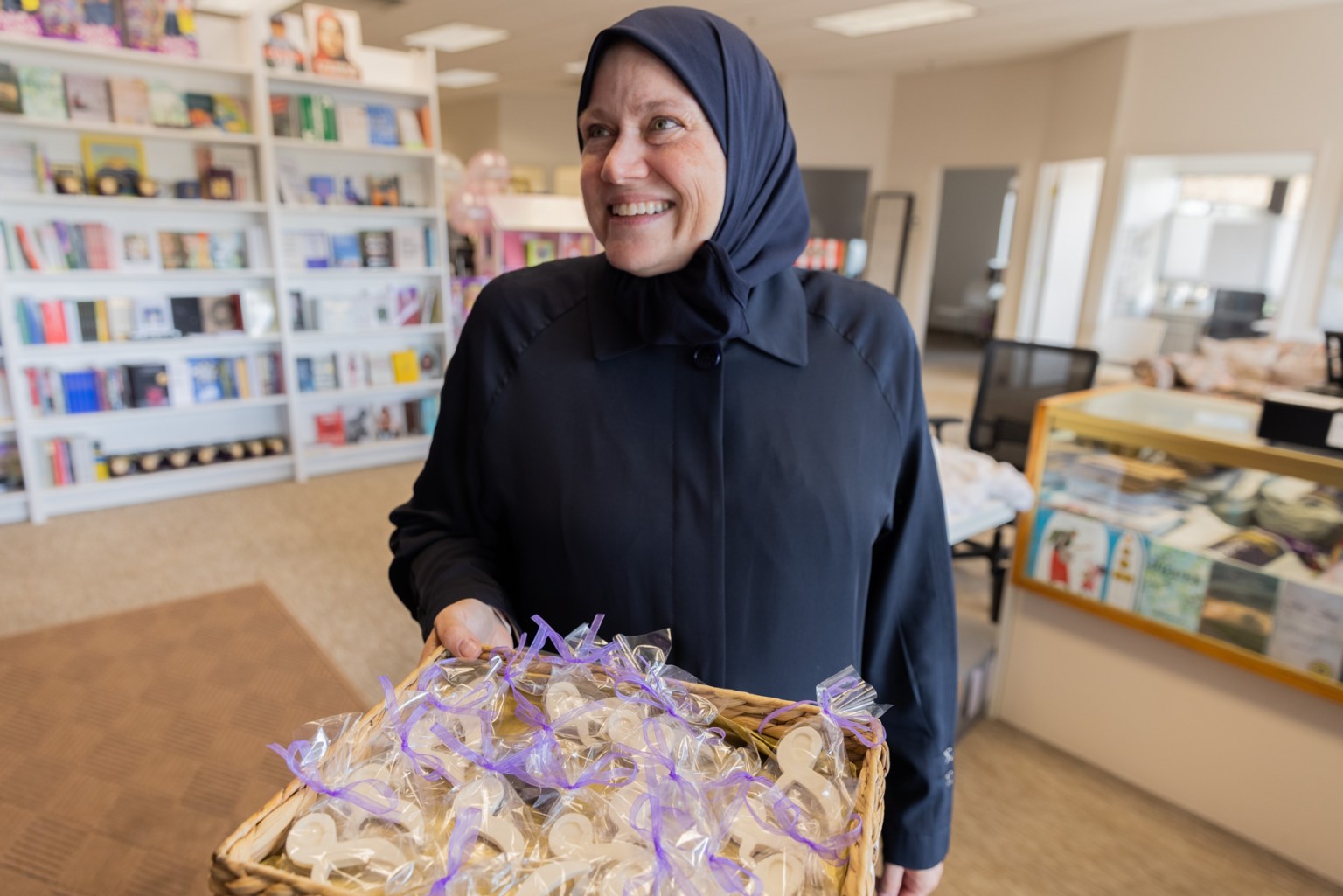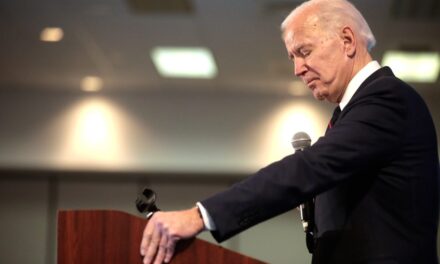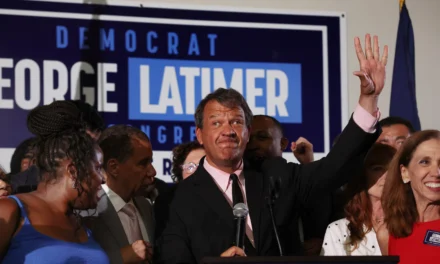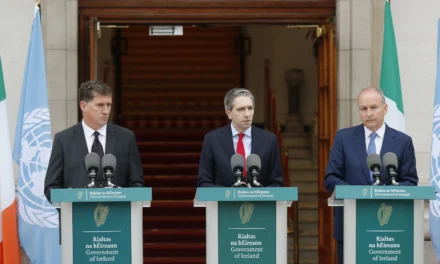Photo Credit:
Tamara Gray holds a basket of treats in the store for Daybreak Press, her Minnesota-based publishing company for Muslim books.
Tamara Gray and Najiyah Maxfield entered a Minneapolis public school some years ago to lead a workshop about writing and publishing for seventh graders. They also brought some books from Daybreak Press, their new publishing company.
After walking into the classroom, Gray says she made a rookie mistake—she handed the books out to students before her talk, and instead of following along with the lecture students chose to leaf through the pages instead. Still, she does not regret it.
While the two founders worked through their presentation, a student interrupted the lecture to point out a specific line in the book. He elbowed his friend and excitedly pointed to the page that contained the word “bismillah,” an Arabic word familiar from the Qur’an and often used before starting a project or eating.
“That’s something from his experience and culture, and it was in an actual book,” Maxfield said. “That’s what we’re after.”
Gray established Daybreak Press that year, 2014, in an attempt to change Muslim representation in books and media. The press has published books from a variety of Muslim authors, and its collection ranges from textbooks to creative nonfiction. The press has a focus on uplifting work that is specifically created by Muslim women.
Maxfield, the head of publishing and author of Sophia’s Journal, a novel about a Muslim teenager sent back to the 19th century, said that an important aspect of the work is refusing to fall back on stereotypes of Muslim characters.
“We have a goal of making fiction, have real characters, people who struggle, people who have room to grow,” she said.
There are a myriad of harmful tropes about Islam in the media, including painting some Muslims as violent terrorists. Even without such portrayals, Gray said, Muslims, particularly Muslim girls, are represented as refugees or victims who require saving, sometimes by white characters.
As part of Daybreak Press’s mission, Gray and Maxfield want to go beyond challenging the stereotypes about Muslim communities in literature. The pair also want to change which books are recommended and taught in Minneapolis schools.
While changing the historically harmful representation of Islam can destigmatize the religion for non-Muslim students, Gray said, it can also have a huge impact on students who see themselves in the writing.
Diversifying school book contracts
According to Gray, while the representation of Muslim communities in Minnesota curriculums has changed for the better over the last decade, there is still a lot of work to be done.
Over the past several years, Gray has worked with faculty at different schools to change recommended reading lists and curriculums. However, she has run into a roadblock.
“It’s really hard to actually work through the system to get books into the curriculum. Teachers and admin are positive and want to help, but actually following through and changing the system is hard,” Gray said.
Since teachers have a lot of discretion over what they teach their students, changing recommended reading lists, like a classroom summer reading list for 4th graders, means getting in touch with individual teachers and staff members. Gray, who plans to meet with school teachers in the fall to advocate for materials written about Muslim communities, said recommending books is possible, but ensuring those recommended readings are accepted can be tricky, she said.
Deqa Muhidin, who works in the Multilingual department in Minneapolis Public Schools (MPS) said there are not many materials that focus on Muslim communities.
“Initially the argument used to be that there aren’t enough texts out there that are written by Muslim authors,” Deqa said. “I’d like to think that that’s not the case, there are enough books or texts that were written by Muslim authors.”
Deqa, who started at Minneapolis schools in 2014 as an English as a Second Language teacher, said that besides convincing teachers to add to their recommended reading lists, there is another concern. If a teacher wants to include a new book, for instance, it can be easier to order copies through district vendors.
“There’s just a systematic process that’s been created. We have contracts with a couple vendors that we have to purchase from. They don’t have a diverse array of books. Now that impacts our students,” she said.
Deqa added that there is a growing movement to stop relying as heavily on vendors, since smaller organizations could be more likely to provide materials that highlight different cultures.
There is also a growing understanding that students can benefit from learning from materials and staff that represent their identities.
Since it falls to teachers to find materials that represent their students, ultimately the classrooms that will be the most representative of Muslim communities are those that have Muslim teachers, according to Muhidin Warfa, the executive director for English learners and global education for the multilingual department in MPS.
“The representation is growing, and not as much as we would like,” Muhidin said, whose department oversees English language learners and students taking World Languages courses.
“I think representation is key and students should be able to see themselves in the books that they read and the text that they’re accessing in their classrooms.” Deqa said. “We don’t have enough; we’d like to do more.”














